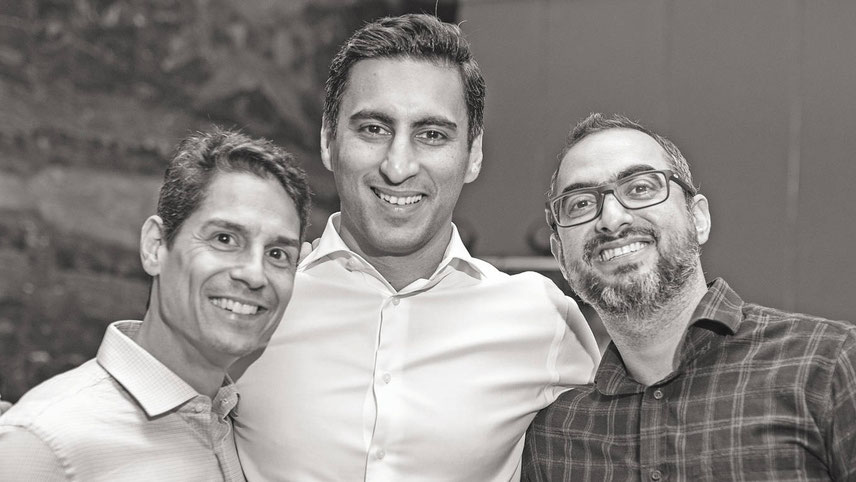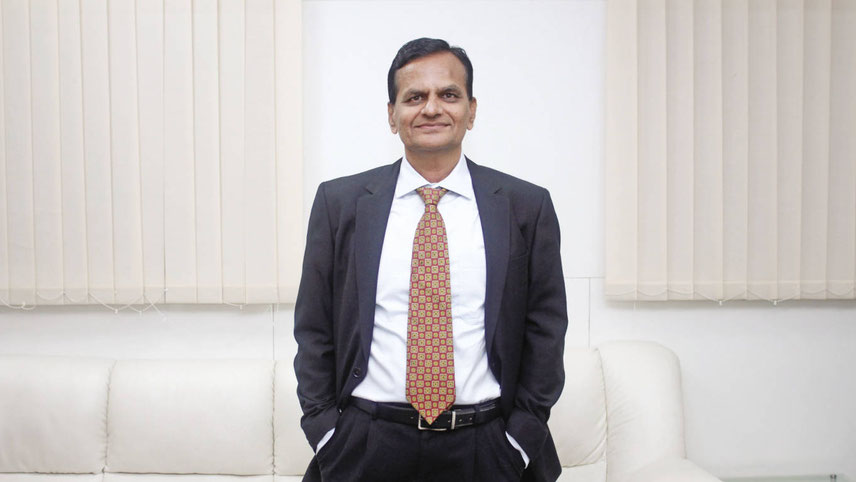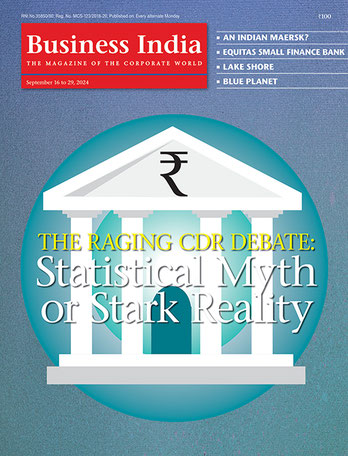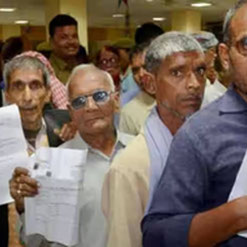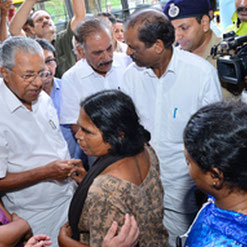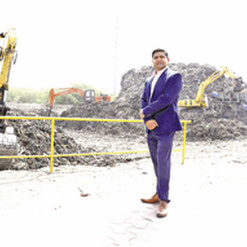On 30 July 2024, devastating landslides in Wayanad, a popular tourist destination in Kerala, tragically claimed 224 lives and resulted in an estimated loss of Rs281 crore. While the debate continues about the nature of this tragedy – whether it was a man-made disaster or nature’s warning signal to the authorities to recognise the fragility of the Western Ghats – the state is gradually getting back on track, thanks to swift administrative relief operations and the natural resilience of the people of Kerala. The Pinarayi Vijayan-led government has not only provided immediate financial and other relief to the people of Wayanad, but has also proposed a sustainable and resilient urban development rehabilitation model for that area. It includes the introduction of terraced farming models and homestead-style settlements to decentralise farming settlements and promote local resilience and sustainability. However, the state will need to fork out another R600 crore to develop a township and associated facilities for the rehabilitation of the survivors. The chief minister has reiterated his commitment to ensure world-class rehabilitation and create a resettlement structure that can serve as a model for both the nation and the world. When he made this statement, he knew it was achievable because people familiar with Kerala’s social structure understand the state’s capacity for unity and spontaneous action. This social structure makes Kerala programmed to overcome crises. Demonstrating strength Statistics from the Chief Minister’s Relief Fund reveals that about Rs53 crore have already been collected, thanks to the personal donations made by various people. This is hardly surprising because the state has witnessed such strong support on numerous occasions earlier. The governor of Kerala, too, has personally received donations from various sources and forwarded them to the CM’s Relief Fund. It is only to be expected as Kerala has demonstrated its strength many times in the past decade. For instance, when the deadly Nipah virus hit Kozhikode district, the state administration managed the crisis by implementing self-designed protocols, even in the absence of guidelines from the World Health Organization. Similarly, during the floods of 2018. Community bodies came together to help one another and provide the state government with the necessary breathing time. When military rafts struggled to navigate the narrow, flooded lanes, it was the local fishermen who risked their lives and livelihoods to save hundreds of stranded people. When the Kozhikode district collector’s voice message calling for immediate relief materials went viral, the good Samaritans of Kerala quickly gathered at the Collectorate with enough supplies to fill three or more trucks. The following year, the people once again showed their resilience when landslides hit Wayanad district near Chooralmala. The mayor of Thiruvananthapuram sent 51 truckloads of relief materials to Wayanad, showing her solidarity with the affected. One of Kerala’s biggest strengths lies in its union culture. With hundreds of trade unions active across the state, it is relatively easy to mobilise resources and garner funds from them. Various associations, including teachers and government employees, have already pledged a percentage of their salaries to support the government’s rehabilitation efforts. This spirit of co-operation, embedded in Kerala’s social fabric, has been instrumental in addressing crises efficiently.
-
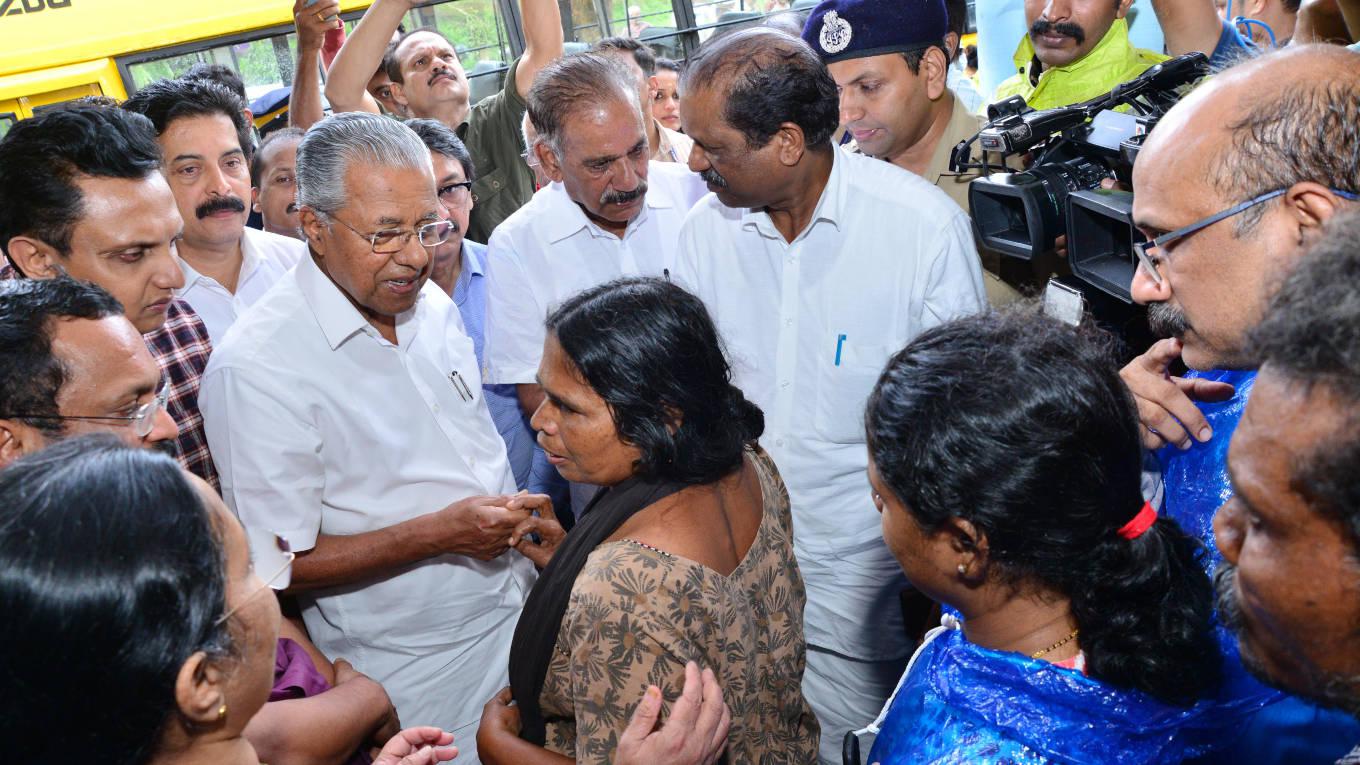
Vijayan: swift relief operations














